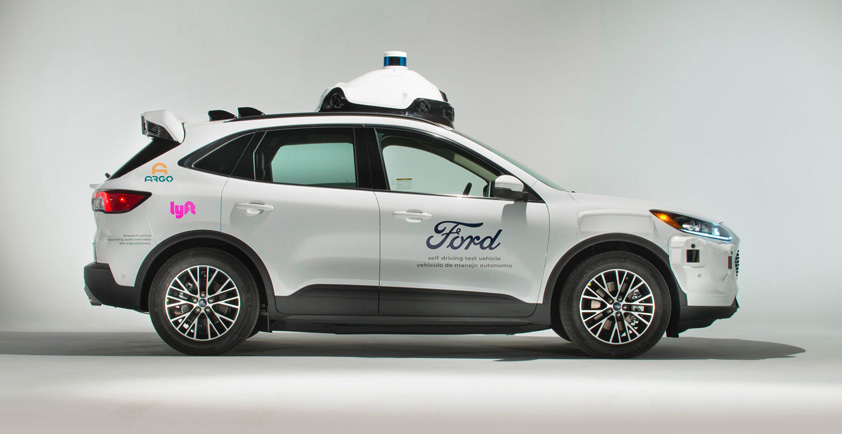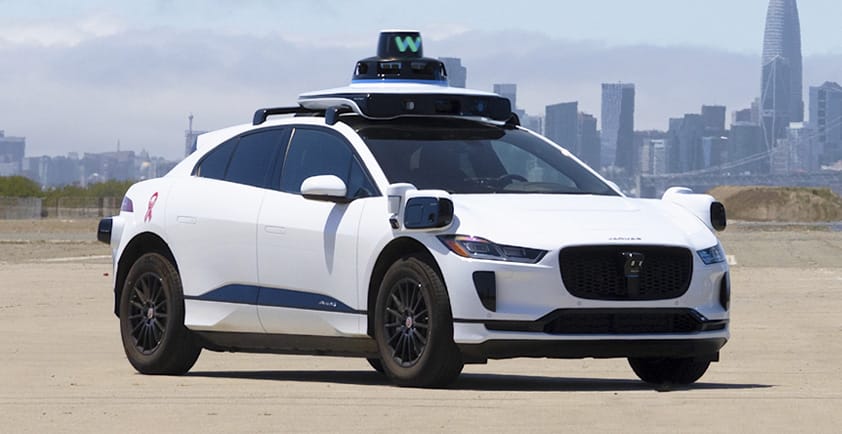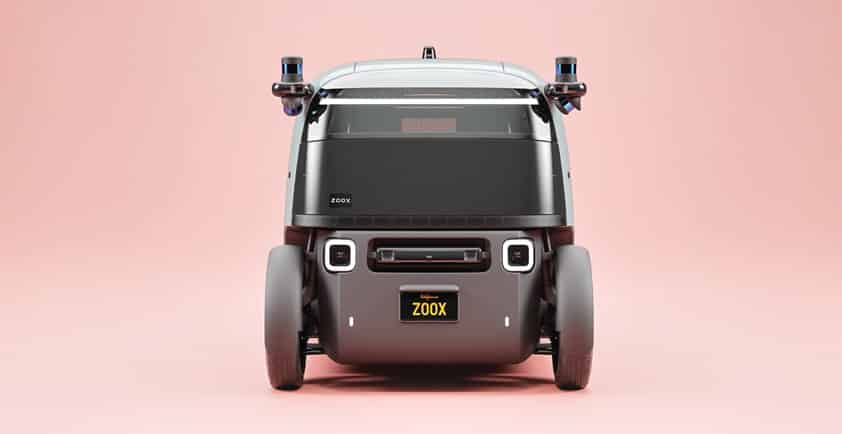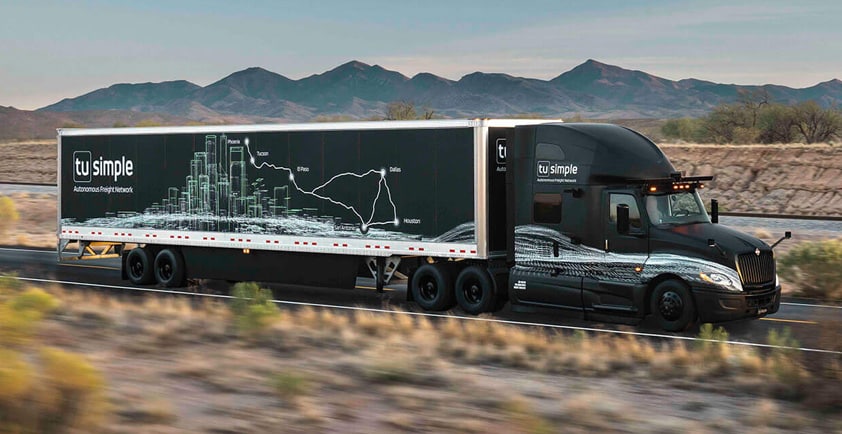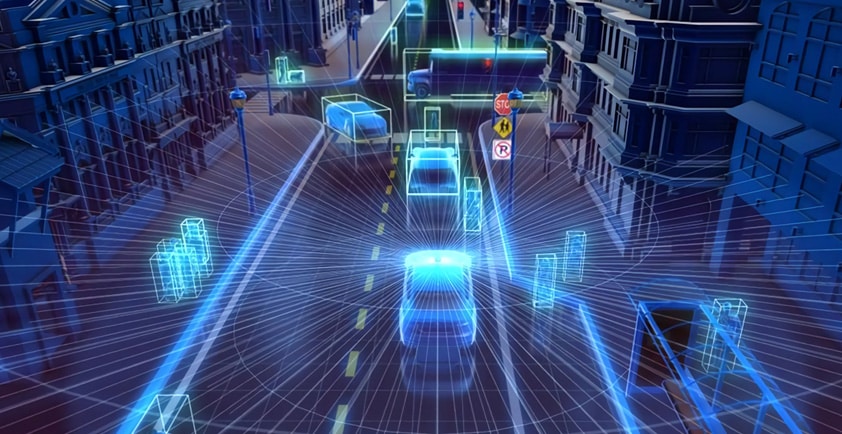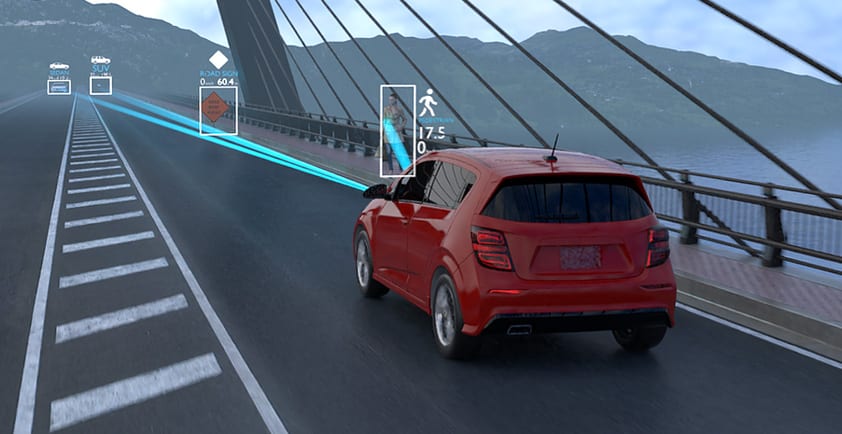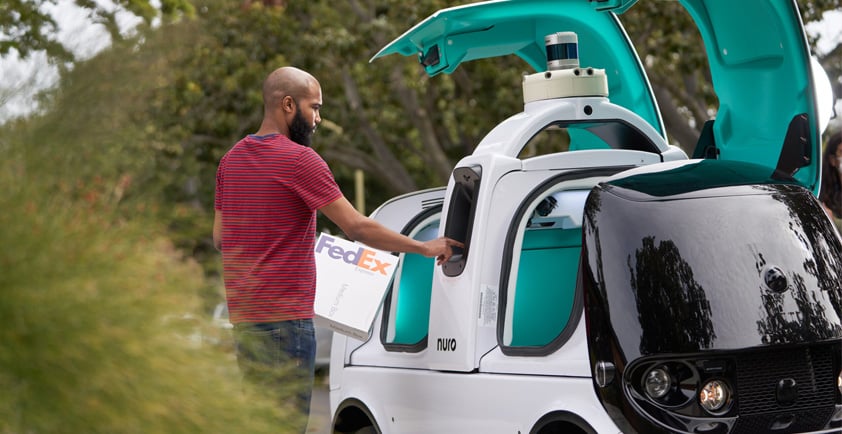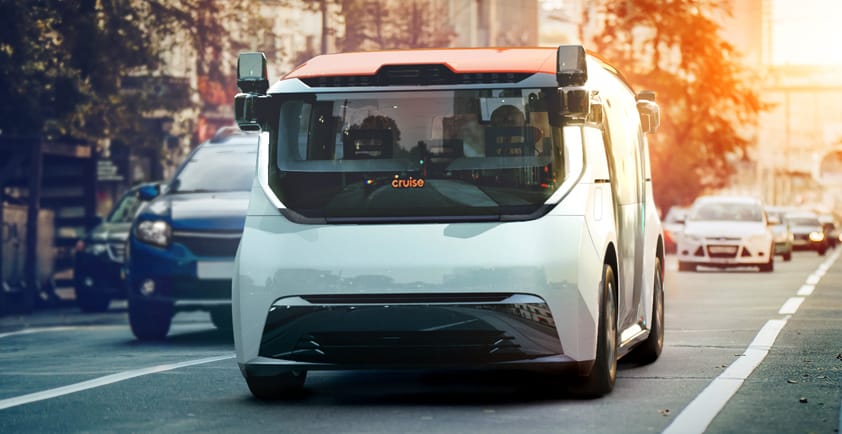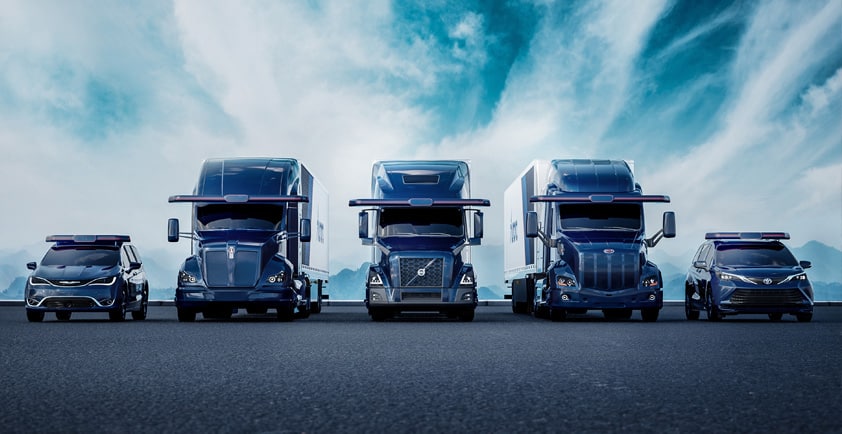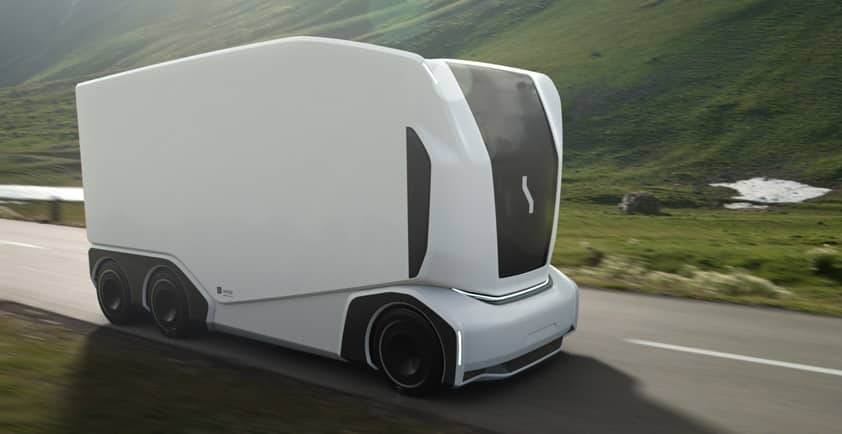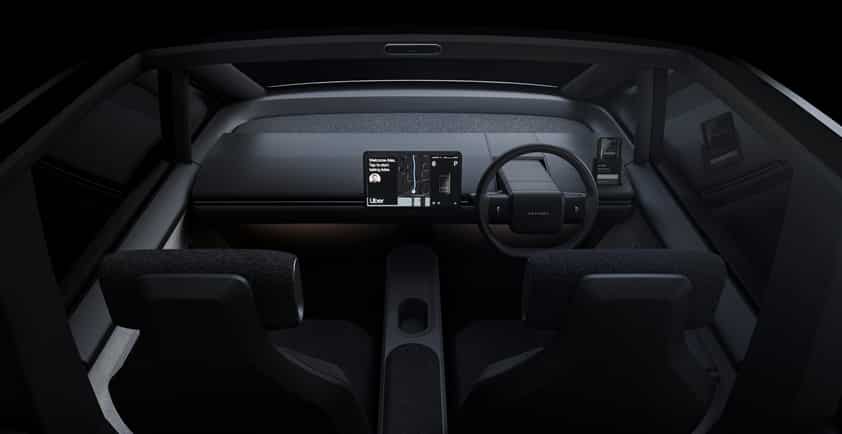
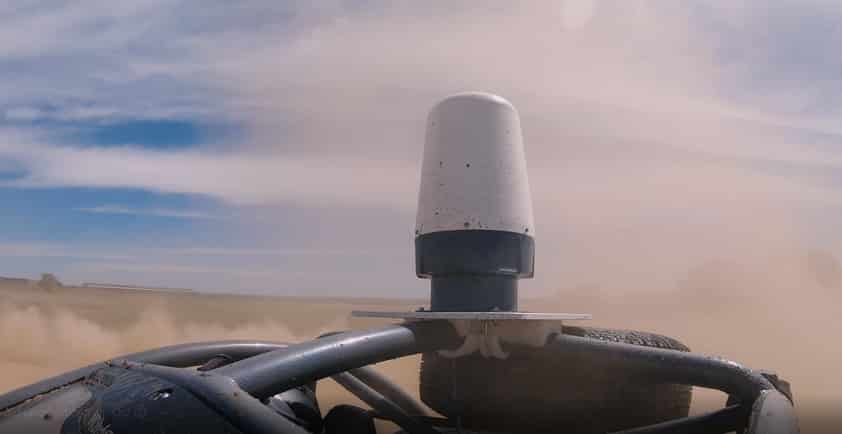
OXBOTICA AND NAVTECH LAUNCH TERRAN360: A WORLD-FIRST RADAR-BASED LOCALISATION SYSTEM
Oxbotica and Navtech have launched Terran360, the world’s first all-weather radar localisation solution for industrial autonomous vehicles, with the pioneering technology typically accurate to <10cm on any vehicle, in any environment.
Combining Navtech’s patented FMCW radar sensor and Oxbotica’s autonomy software platform, Terran360 is an entirely new offering to the off-road autonomy market. It utilises a single long-range, high-definition radar sensor to give a detailed 360o picture of a vehicle’s surroundings, allowing it to work alongside conventional systems and be deployed in GPS-denied environments or in harsh conditions not suitable for LiDAR or vision while maintaining full pinpoint localisation at all times.
Navtech’s high-resolution radar sensor is able to operate in the harshest conditions – such as in rain, fog, dust, or dirt and in complete darkness. The vibration resistant and IP67-certified sensor is designed to be maintenance free for 10 years, helping to reduce disruption to operations with no compromise to precision, reliability, or safety.
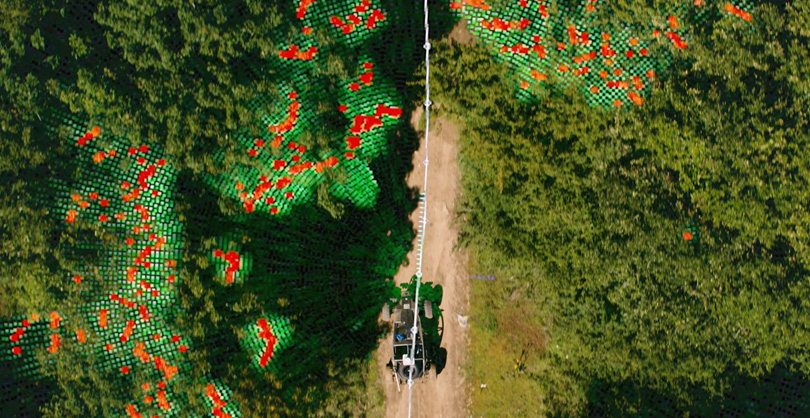

Terran360’s output can be fused with other sensor feeds or used as a standalone system, and is also able to provide independent and highly accurate vehicle motion. Terran360 operates on any vehicles, from slow moving to speeds of up to 120kph (75mph) and has been comprehensively tested on different vehicle platforms and in dramatically different environments, including in mines, on urban roads, on railways and in marine settings.
Paul Newman, Founder & CTO at Oxbotica, said: “We are delighted to launch Terran360 in collaboration with Navtech. We are bringing a game-changing localisation system to market that gives operators and manufacturers a new way to answer the crucial autonomy question of “Where am I?” – and one that is unimpeded by environment or place.”
Phil Avery, Managing Director at Navtech Radar, commented: “We are extremely proud to launch this outstanding product for commercial use, offering a radar localisation solution never seen before. Thanks to decades of experience in delivering radar solutions for safety and mission critical applications, and together with Oxbotica’s world-leading autonomy software platform, Terran360 is trusted to answer the fundamental question for autonomous vehicles: “Where am I?”, everywhere, every time.”
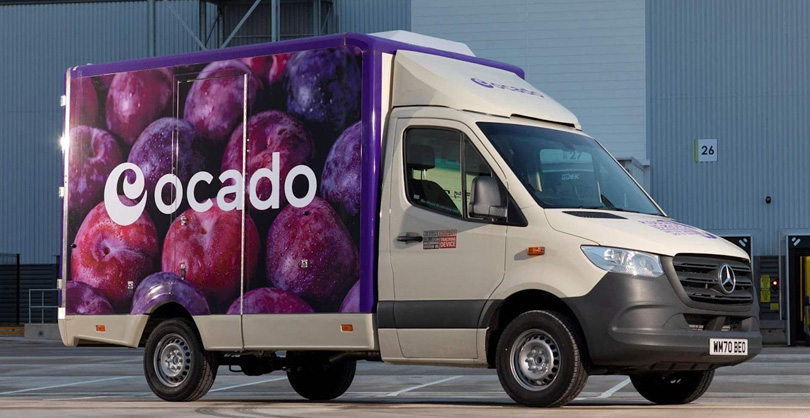
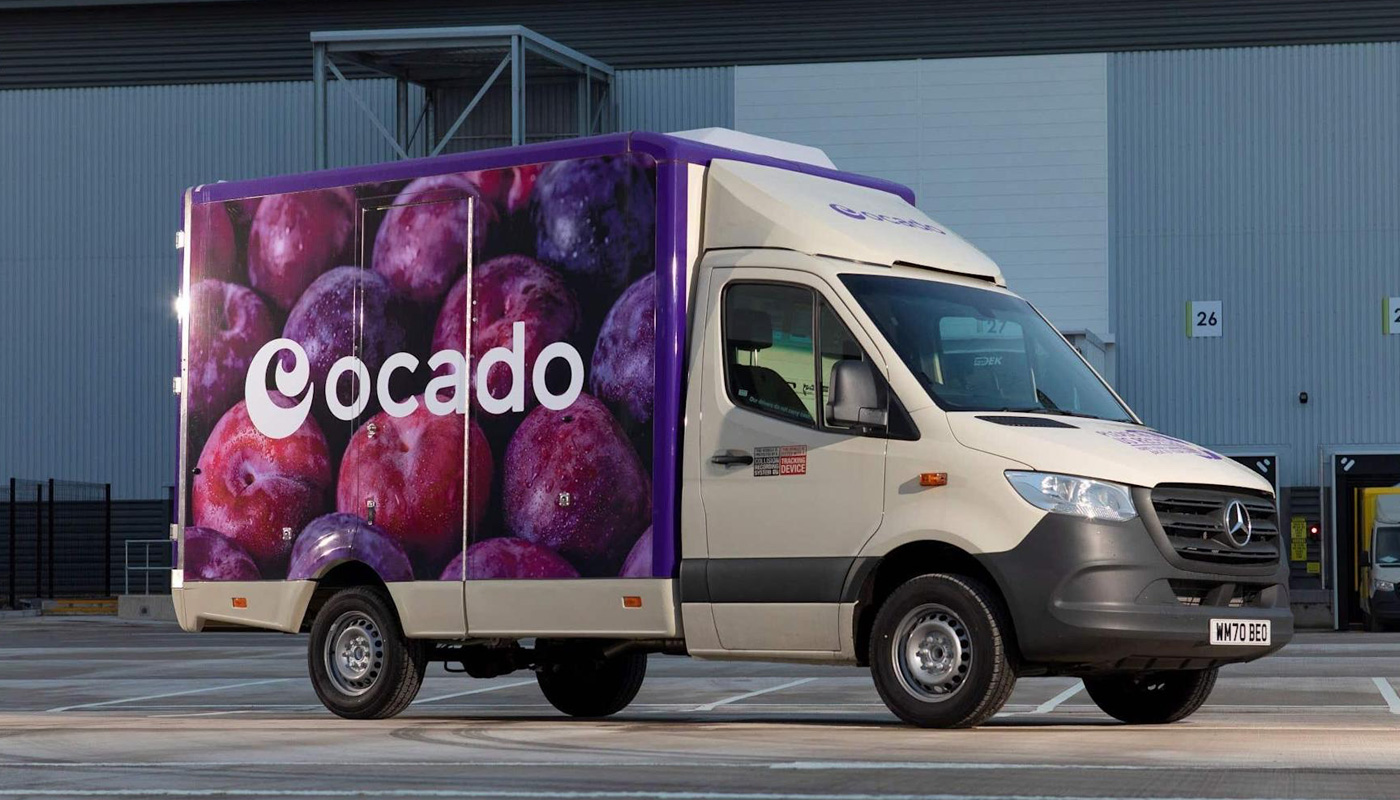
OCADO GROUP ANNOUNCE INVESTMENT IN AND JOINT COLLABORATION WITH OXBOTICA TO DEVELOP AUTONOMOUS INTEGRATED MOBILITY SOLUTION
Ocado Group plc (“Ocado”), the leading online grocery platform and solutions provider, today announces that it has commercially partnered with Oxbotica Ltd. (“Oxbotica”), headquartered in Oxford.
The purpose of this partnership is to collaborate on hardware and software interfaces for autonomous vehicles, enhancing and integrating Oxbotica’s autonomy software platform into a variety of vehicles. The use cases range from vehicles that operate inside of Ocado’s Customer Fulfilment Centre (“CFC”) buildings and the yard areas that surround them, all the way to last-mile deliveries and kerb-to-kitchen robots. This will be a multi-year collaboration, and the ultimate ambition is to enable Ocado’s partners that use the Ocado Smart Platform (“OSP”) to reduce the costs of last-mile delivery and other logistics operations.
The Ocado/Oxbotica relationship began in 2017, when we conducted a two-week trial using an early prototype delivery vehicle doing autonomous deliveries in Greenwich, London. Since that initial trial, Oxbotica has made significant progress in developing its platform, leading to today’s announcement of a broader relationship that includes both Ocado’s financial investment and a commercial collaboration agreement.
Oxbotica’s two core products are Selenium and Caesium. Selenium is an on-vehicle suite of software that brings full autonomy to a vehicle in a way that is agnostic to both hardware and environment. Caesium is a cloud-based autonomy management system that brings fine-grained control, audit, data management and monitoring to autonomous fleets. Oxbotica’s products use an advanced set of AI, machine learning and optimisation technologies to yield a low-power, safe, explainable, quick-to-deploy, modular and completely flexible “Universal Autonomy” platform.
Ocado will build teams of engineers within its existing Advanced Technology division to work with Oxbotica on these diverse use cases. The Advanced Technology division is independent from the engineering team that develops core OSP software and automation. The initial development work will focus on UK operations, and will then extend to international markets where Ocado’s partners operate.
Over the last five years Ocado has created more than 8,000 new jobs in the UK and abroad, with headcount now approaching 19,000 employees. As with its robotics business, this vehicle autonomy programme is not expected to have any impact on Ocado’s current hiring or employment levels within logistics or operations groups.
Logistics costs constitute the single-largest line item in the operating cost structure of online grocery. Moving finished orders from CFCs to ‘spokes’ (where they are then cross-docked to delivery vans) represents approximately 1.5% of sales in the UK; the cost of final mile delivery is approximately 10% of sales. Labour represents approximately 50% of these costs.
Beyond potential cost savings within its core operations1, Ocado sees significant opportunities to improve its partners’ customer proposition by being better able to respond to peak delivery demands, reducing the cost-to-serve of its immediacy proposition, and accelerating the shift to electrically-powered vehicles (thereby improving fleet sustainability and reducing environmental impact).
For both regulatory and complexity reasons, Ocado expects that the development of vehicles that operate in low-speed urban areas or in restricted access areas, such as inside its CFC buildings or within its CFC yards, may become a reality sooner than fully-autonomous deliveries to consumers’ homes. However, all aspects of autonomous vehicle development will be within the scope of this collaboration. Ocado expects to see the first prototypes of some early use cases for autonomous vehicles within two years.
In addition to this collaboration with Oxbotica, Ocado continues to seek further investments and/or partnerships as it grows and develops its autonomous vehicle capabilities.
Main Transaction Terms
Ocado will invest £10m in Oxbotica as part of Oxbotica’s latest Series B equity funding round. The round was led by bp ventures, and included other strategic and financial investors in the U.S., the U.K., China and Australia, such as Tencent, Halma, BGF, HostPlus, IP Group, Venture Science, and funds advised by Doxa Partners. Ocado will take a seat on Oxbotica’s board.
As part of this collaboration, Ocado will outfit a subset of its delivery vans and warehouse vehicles with data capture capabilities, which may include video cameras, LiDAR, RADAR and other sensing devices. Ocado will make this data available to Oxbotica to train and test its technologies, which will then inform Ocado as to what opportunities exist and where best it might take advantage of these exciting new partnerships.
Alex Harvey, Chief of Advanced Technology at Ocado, commented:
“We are excited about the opportunity to work with Oxbotica to develop a wide range of autonomous solutions that truly have the potential to transform both our and our partners’ CFC and service delivery operations, while also giving all end customers the widest range of options and flexibility.”
Paul Newman, Co-Founder & CTO of Oxbotica, commented:
“This is an excellent opportunity for Oxbotica and Ocado to strengthen our partnership, sharing our vision for the future of autonomy. By combining both companies’ cutting-edge knowledge and resources, we hope to bring our Universal Autonomy vision to life and continue to solve some of the world’s most complex autonomy challenges.”
